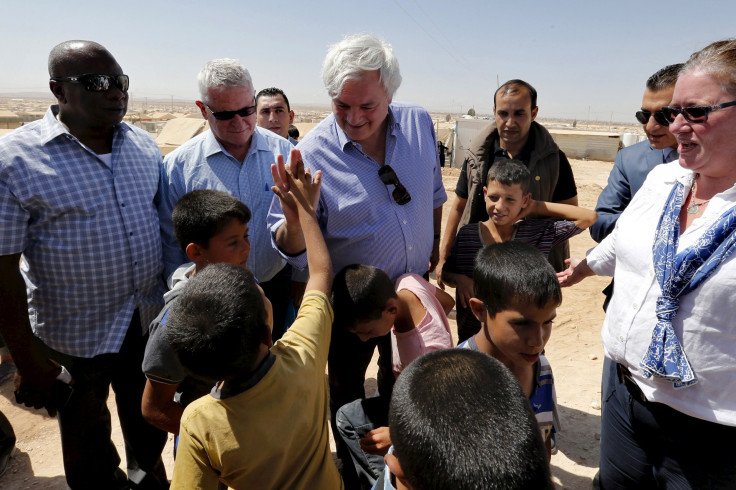UN Humanitarian Aid In Syria 2016: After Ceasefire Deal, Convoys Set To Reach Ravaged Cities

The Syrian towns and cities ravaged by fighting between the Assad regime and rebel groups soon will see the first convoys of humanitarian aid, the United Nations envoy to the Middle Eastern country said. The convoys will head to Syria Tuesday or Wednesday as long a ceasefire agreement brokered by international powers last week remains in effect, U.N. envoy Staffan de Mistura said.
The cessation of hostilities agreement allows a U.N. task force to oversee delivery of aid to more than a dozen besieged communities. Another task force, led by Russia and the United States, was established to set the terms of the ceasefire and implement it, the Wall Street Journal reported.
“Now is the time to test it,” de Mistura said of the deal on humanitarian access, which had not been approved formally by Syrian President Bashar Assad and opposition leaders. “The aim is to reach all besieged places,” de Mistura told the Journal. “We will test each of them.”
The list of towns and cities convoys planned to reach includes those attacked by the Assad regime, opposition fighters and Islamic State militants, de Mistura said. If the warring sides let humanitarian aid through, “the test will continue, because it’s not enough to have one shot and believe that is enough,” he said.
Aleppo, Syria’s largest city, was not on the list of those receiving humanitarian aid because fighting continues in the area, de Mistura said. But that could change soon, he said: “If things continue as they do, we may be in a position to have the U.N. announce Aleppo must be added to the list.”
The ceasefire agreement reached by world powers last Thursday moved leaders closer to the goal of establishing a truce in Syria. However, U.N.-designated terrorist groups, such as the Islamic State group and the anti-Assad al Qaeda affiliate Jabhat al-Nusra, are not included in the pact.
© Copyright IBTimes 2025. All rights reserved.






















